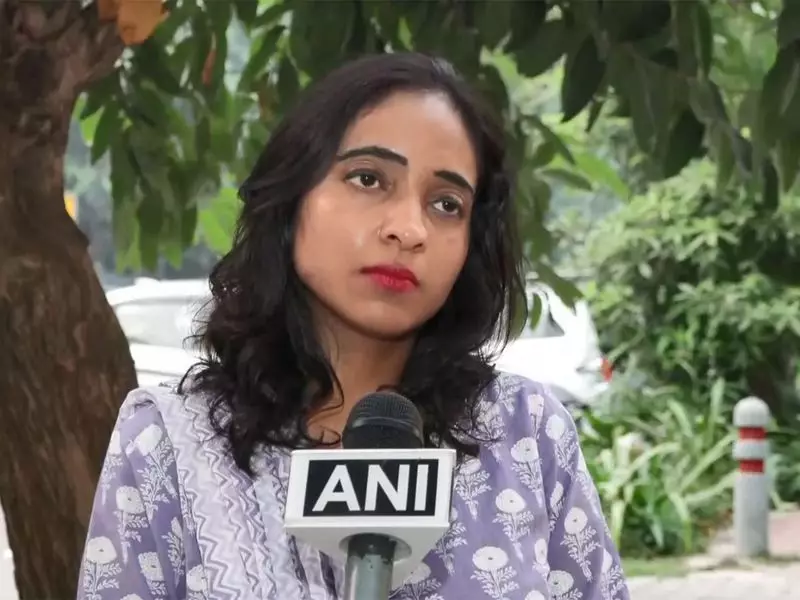
In a significant development for Indo-Pacific relations, India and Taiwan are maintaining diplomatic channels through innovative Track II efforts, according to exclusive revelations from Taiwan-Asia Exchange Foundation fellow Sana Hashmi.
Behind the Scenes of India-Taiwan Engagement
The dialogue between India and Taiwan represents a sophisticated approach to international relations, operating through think tanks and academic exchanges rather than traditional government-to-government channels. This Track II diplomacy allows both nations to explore mutual interests while navigating complex geopolitical realities.
"This is a Track Two effort between our think tanks," emphasized Sana Hashmi, shedding light on the nuanced nature of current India-Taiwan interactions. The approach demonstrates how nations can maintain productive relationships even within challenging diplomatic frameworks.
Strategic Importance of Think Tank Diplomacy
The think tank-led engagement serves multiple strategic purposes:
- Facilitating academic and policy exchanges without formal diplomatic recognition
- Creating platforms for dialogue on regional security and economic cooperation
- Building people-to-people connections that strengthen bilateral understanding
- Exploring potential areas of collaboration in technology, trade, and regional stability
Navigating Geopolitical Sensitivities
The Track II approach reflects the delicate balancing act both nations must perform. While India maintains its One China policy, the think tank exchanges allow for practical cooperation and information sharing that benefits both parties.
This sophisticated diplomatic choreography enables both nations to advance their interests while respecting international protocols and regional sensitivities. The model represents how modern diplomacy increasingly operates through multiple channels beyond traditional state-level interactions.
Future Prospects and Regional Implications
The continued dialogue through academic and think tank networks suggests both nations see value in maintaining communication channels. As geopolitical dynamics in the Indo-Pacific region evolve, these Track II efforts could play an increasingly important role in shaping regional cooperation frameworks.
The India-Taiwan think tank dialogue exemplifies how nations can develop creative solutions to complex diplomatic challenges, potentially serving as a model for other countries navigating similar geopolitical landscapes.





